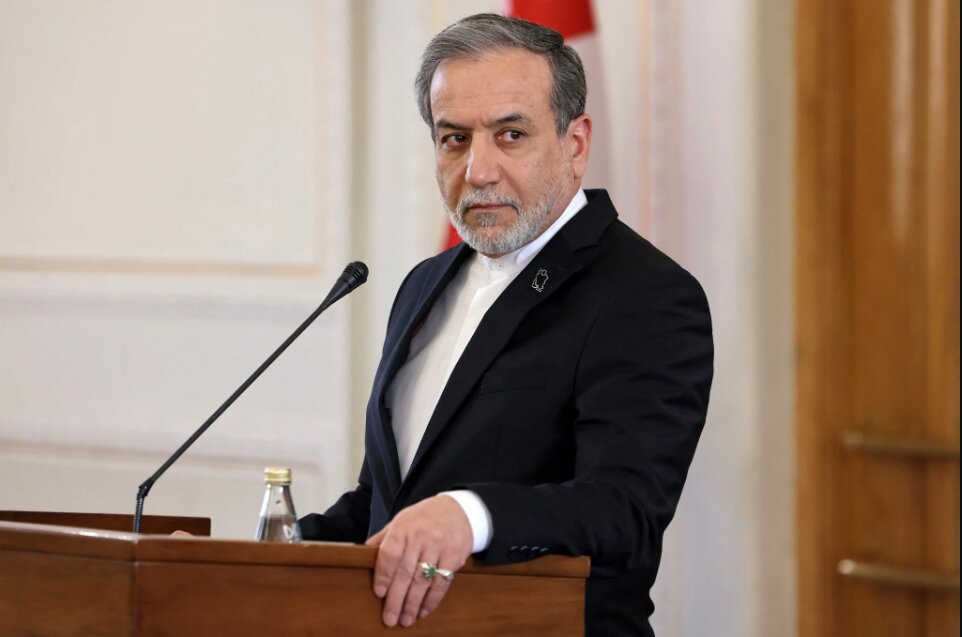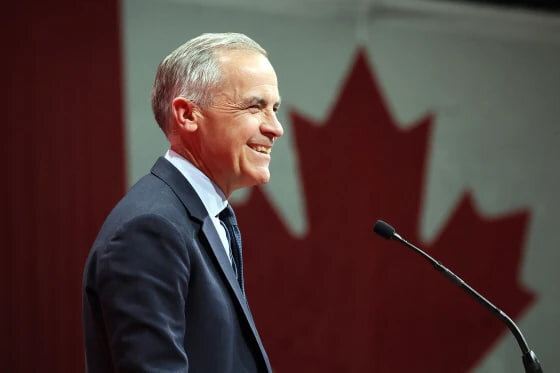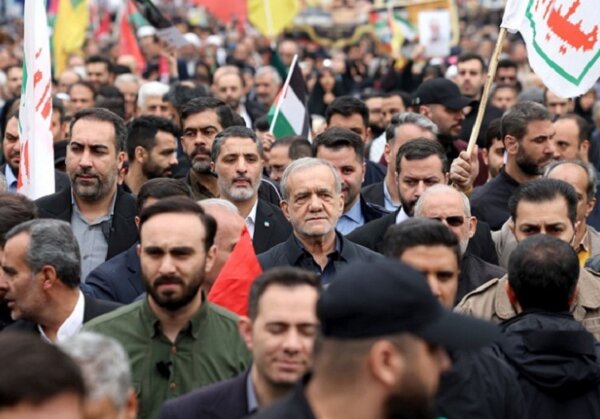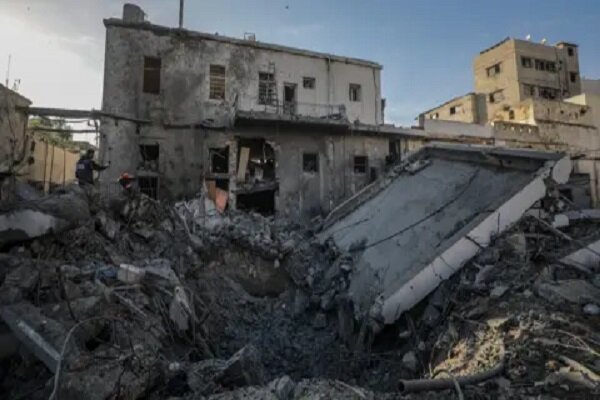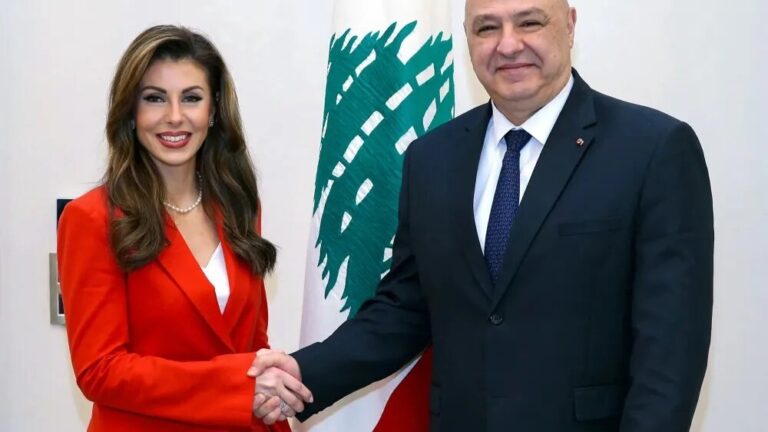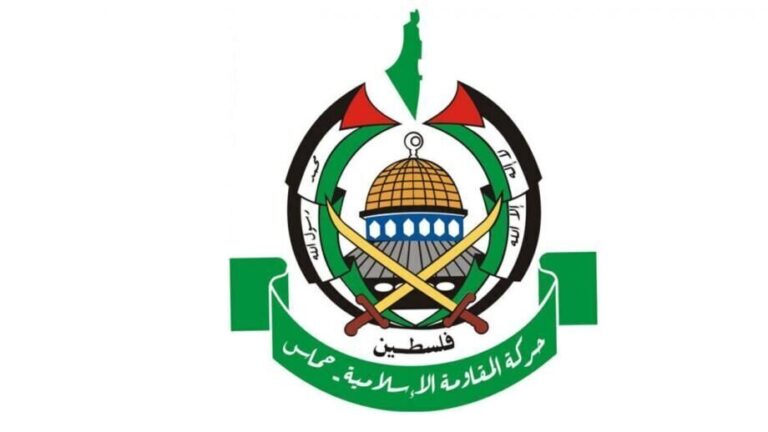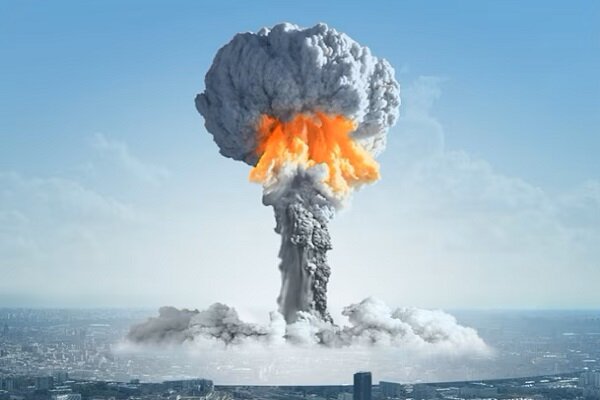VIDEO: Araghchi Hails Positive Progress in US Negotiations
In recent developments regarding international diplomacy, Iran’s Foreign Minister, Abbas Araghchi, expressed optimism about the potential for a new deal, contingent upon the United States refraining from making unrealistic demands. This statement is pivotal as it underscores the complexities of diplomatic negotiations in the current geopolitical climate.
Araghchi’s remarks come amidst ongoing discussions surrounding Iran’s nuclear program and the broader implications for regional stability. Understanding the nuances of these negotiations is essential for those following global diplomacy.
Here are some key points from Araghchi’s statement:
- The Foreign Minister emphasized the need for realistic expectations from the U.S. side.
- He indicated that a successful agreement requires mutual respect and understanding.
- Araghchi also pointed out that constructive dialogue is crucial for progress.
As the situation evolves, it is vital to consider the implications of such negotiations not just for Iran and the U.S., but for the international community as a whole. The potential for a deal could lead to significant changes in diplomatic relations and economic conditions.
Iran’s approach to these negotiations reflects a broader strategy aimed at securing its national interests while navigating the complexities of international diplomacy. The stance taken by Araghchi highlights the delicate balance that must be maintained to achieve a favorable outcome.
In addition to the political nuances, there are several factors that could influence the potential for a successful deal:
- Domestic Pressures: Both Iran and the U.S. face internal pressures that could impact their negotiating positions.
- International Alliances: The role of other nations and international organizations can alter the dynamics of the negotiations.
- Public Perception: How each country’s populace views the negotiations may influence the leaders’ willingness to compromise.
Araghchi’s comments also reflect a broader sentiment within Iran’s leadership regarding the necessity of engaging with international counterparts in a constructive manner. The emphasis on avoiding unrealistic demands highlights a desire for a more pragmatic approach to diplomacy.
Looking ahead, analysts suggest that the outcome of these discussions could have far-reaching consequences not only for Iran and the U.S. but also for international relations in general. A successful agreement might pave the way for enhanced cooperation and stability in the region.
It is essential to keep an eye on the developments in this ongoing dialogue, as they can significantly impact global markets, security arrangements, and diplomatic relationships. As the situation unfolds, both Iran and the U.S. will need to navigate their respective interests carefully to reach a consensus that benefits all parties involved.
In conclusion, the possibility of a deal hinges on the ability of both nations to engage in realistic and constructive dialogue. The future of diplomatic relations will depend on the willingness of both sides to find common ground and work towards mutual understanding.
